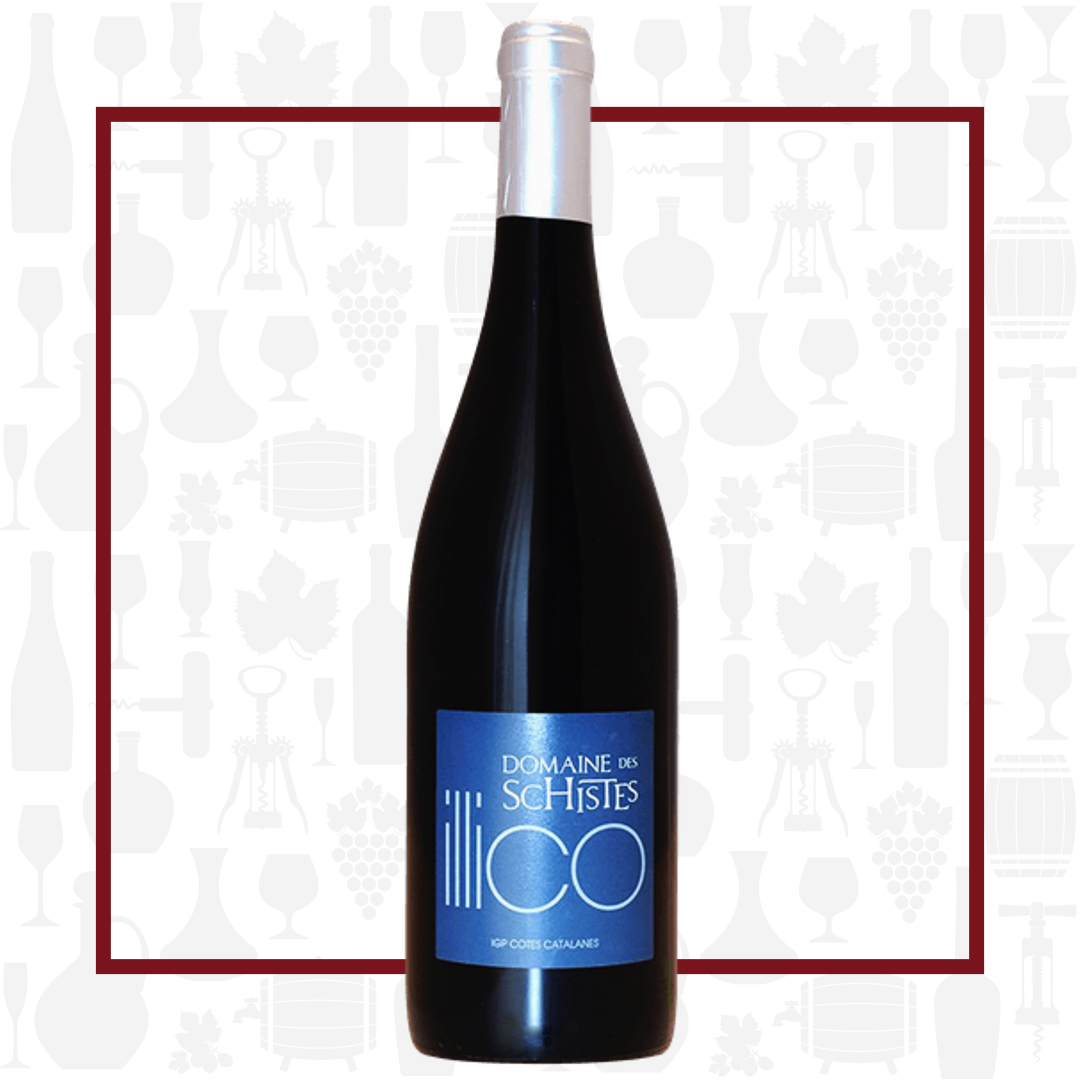Cellar Profile
The Sire family have been grape growers in Roussillon since 1906, as long standing members of the local cooperative. But it wasn’t until 1989 that they decided to vinify and bottle their prized fruit under the name,Domaine des Schistes. As the name suggests, their 50 hectares of vines are planted in predominantly schistous soils around the villages of Estagel and Tautavel. This unique soil-type is found in pockets throughout the region and provides the ideally poor, rocky foundation for quality viticulture in this corner of France. The winery is now under the stewardship of young, energetic Mickaël Sire, a part of France’s next generation of vignerons obsessed with quality and sustainability. Like many young winemakers, Mickaël travelled and worked extensively abroad before returning home to Roussillon to take over the family estate. He farms organically and adheres to the principles of low- intervention winemaking: native yeast ferments; minimal oak; no fining or filtering. These wines are loaded with Roussillon character.
Region
Roussillon is all too often lumped together with its eastern neighbour, Languedoc. And while the two regions do share similarities—namely warm temperatures and common grapes—there are significant and important differentiators as well. From a cultural standpoint, Roussillon, located just over the Pyrenees mountains where the Mediterranean coast runs north before veering east, is more Catalan than French. The climate here is harsh and severe, with extreme heat, minimal rain and a constant, fierce wind known locally as the Tramontane. The soils are incredibly poor, with barely a trace of earth on top of a hard shale, schist and limestone base. All of these factors combine to naturally create incredibly low yields and, as a result, intense, characterful wines. Low yields and small estates also mean higher production costs. On average, the wines of Roussillon are more expensive than those from Languedoc. They are also a little more demanding for the drinker in terms of profile and style. They are most definitely wines that show best with food. And they usually reward patience, be it via decanter or time in the cellar. But they are some of the most expressive, complex and terroir-driven wines you will find.
Vineyard
These bush vines are planted in deep alluvial soils in the commune of Estagel. Vineyard elevations and aspects vary. The old vines are selected for their ability to craft easy-drinking wines that are drinkable young. The vineyards are farmed organically and sustainably, with special care undertaken to preserve the natural surrounding fauna and flora.
Winemaking
Hand-harvested grapes are brought to the winery in the cool of the evening, where they are hand-sorted, destemmed and crushed. After undergoing a short maceration and light extraction, fermentation takes place in open-top concrete using indigenous yeasts. The wine is aged for a short period in concrete vats before being bottled unfined and unfiltered, with no addition of sulphites.
Varieties
Marselan is a crossing between Cabernet Sauvignon and Grenache, having a riper style than Cab but more structure than Grenache typically has. It isn’t widely grown, but is popular in Southwest France and has seen new plantings in China’s burgeoning wine industry. Cinsault is a floral, fruit-driven grape that is widely grown in Southern France and the former French colonies of North Africa (Morocco, Algeria and Tunisia). It is used in Rhone blends to add fruit to more austere, tight wines and to enhance red flavours. It does not require high levels of ripeness to give ripe fruit flavours and is able to crop fairly heavily while maintaining character. Carignan had fallen out of favour with Mediterranean winemakers. It is a fairly difficult grape to grow, being particularly sensitive to various forms of mildew. It ripens late and is extremely vigorous, often making rather ordinary wines when yields are not checked. However, when it is mastered, it can give wines of incredible structure and quality.
Tasting Notes
Brilliant ruby coloured, with an expressive nose of red cherry, raspberry, anise and a touch of herbaceousness. The palate is medium-bodied and gentle. There is some balancing acidity as well as some well-evolved tannins, but the fruit is ripe and plush. A quaffable, fruit-driven wine that is hearty enough for stews and braised meats, but gentle enough to lightly chill and enjoy on its own.

